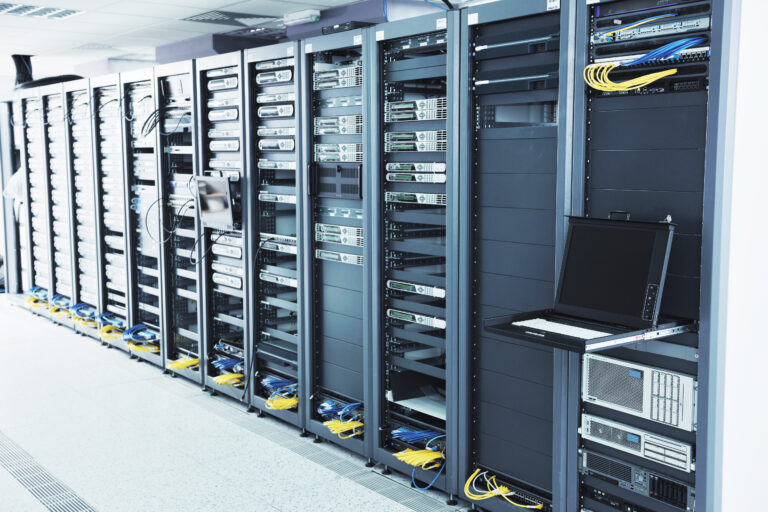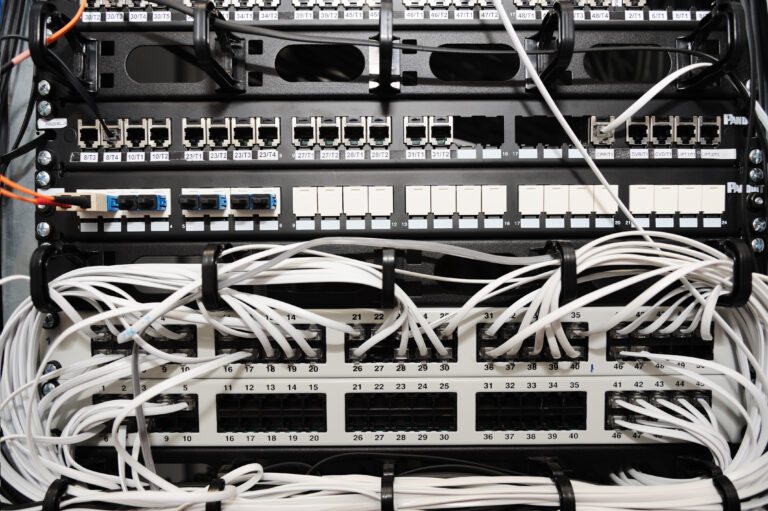Remote Work Trends and the Impact on Data Storage: The Case for Colocation
As remote work becomes more prevalent, businesses are rethinking their approach to data storage. With employees working from home or other locations outside of traditional office spaces, companies need a way to securely store and access critical information. One solution that has emerged is colocation data centers. In this blog post, we’ll explore how remote work trends have impacted corporate real estate and why colocation data centers may be the answer for businesses looking to adapt.
Introduction to Remote Work and Colocation Data Centers
Remote work has become increasingly popular in recent years, with many employers offering flexible schedules and telecommuting options to attract top talent. At the same time, advances in technology have made it easier than ever for workers to stay connected and productive while working from anywhere. However, this shift towards remote work has had significant implications for corporate real estate. Many businesses are finding they no longer need large offices or dedicated workspaces, as employees can complete their tasks just as effectively from home or other remote locations. This has led to a decrease in demand for commercial real estate, which has put pressure on landlords and property owners to find new ways to monetize their assets.
The Rise of Remote Work and its Impact on Corporate Real Estate
One of the biggest benefits of remote work is cost savings. Without the need for expensive office space, businesses can save money on rent, utilities, and other overhead expenses associated with maintaining a physical location. Additionally, remote work allows businesses to tap into a wider pool of talent by recruiting individuals who live far away or in different regions. This can help increase innovation and creativity within an organization.
However, there are also challenges associated with remote work. For example, communication and collaboration can be difficult when team members are not physically present together. To address these issues, many organizations are turning to technology solutions such as video conferencing software and project management tools. These platforms allow teams to collaborate and share information regardless of where they are located.
How Colocation Data Centers Can Help Businesses Adapt to Remote Work Trends
Colocation data centers offer several advantages for businesses looking to adapt to remote work trends. First, they provide a secure and reliable infrastructure for storing and accessing critical data. This includes servers, networking equipment, and other IT resources that are essential for running a modern business. By outsourcing these functions to a third-party provider, businesses can reduce costs and improve scalability without having to invest heavily in their own IT infrastructure.
Another benefit of colocation data centers is flexibility. Many providers offer customizable solutions that can grow alongside a company’s needs. This means businesses can easily scale up or down depending on changing demands, without having to worry about managing complex hardware or software systems themselves.
Benefits of Using Colocation Data Centers for Remote Workers
There are several benefits of using colocation data centers for remote workers. First, they ensure that sensitive data remains secure at all times. With cybersecurity threats becoming increasingly sophisticated, businesses must take proactive measures to protect their digital assets. Colocation data centers use advanced security protocols and technologies to prevent unauthorized access and keep data safe from hackers and other malicious actors.
Additionally, colocation data centers offer high levels of uptime and availability. This ensures that remote workers can access the resources they need whenever they need them, without experiencing downtime or disruptions. Finally, colocation data centers can help businesses comply with regulatory requirements related to data privacy and storage. Providers typically have expertise in navigating complex legal frameworks and can assist clients in meeting their obligations under various laws and standards.
Conclusion: The Future of Remote Work and Colocation Data Centers
As remote work continues to gain traction among businesses across industries, the role of colocation data centers will likely become even more important. As companies seek to balance the benefits of remote work with the need for secure and reliable data storage, colocation providers will play a key part in helping them achieve those goals. Whether you’re a small startup or a multinational enterprise, partnering with a trusted colocation provider can help your business thrive in today’s fast-paced digital economy.



